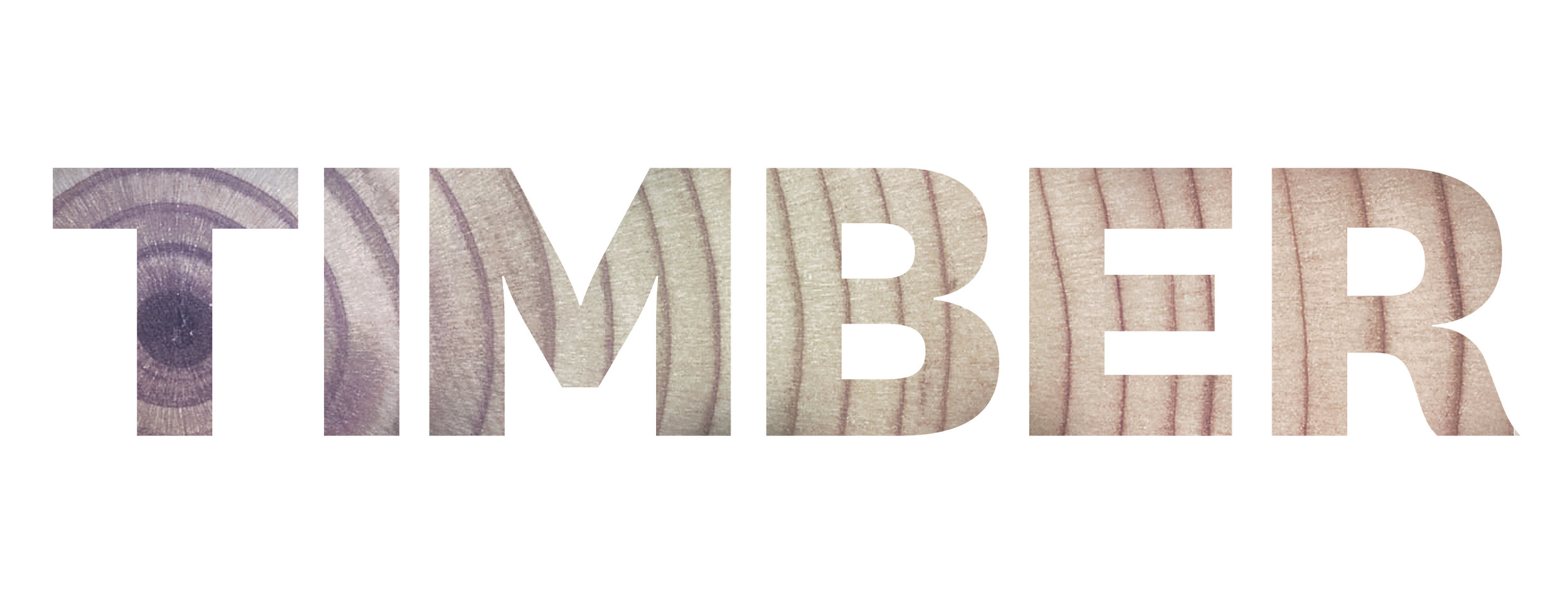The Glass Window Rule | The Prismatic Rule
Lo Kwa Mei-En
Lo Kwa Mei-En is the author of Yearling (Alice James Books, 2015), winner of the Kundiman Poetry Prize, and The Bees Make Money in the Lion, which won the Cleveland State University Poetry Center Open Competition and is forthcoming in Spring 2016. Her work has appeared in Boston Review, Gulf Coast, PEN Poetry Series, The Kenyon Review, and The Offing. She is from Singapore and Ohio, where she now lives and works in Cincinnati.
The Glass Window Rule
Why is the underworld a train station under the city? It is unsightly for the underworld to be less like I thought it would be, but for whom?
*
My folded things fit in a nude cliché that swings off my elbow in the afterlife, as in life. I slip between the cranking doors just in time, most times. I am that girl. This place as a basement, clammy with those who wait for torture because— at last—they must, is a privilege of thought. I have not seen a shackle.
*
Or did I expect a replica of the world we hoped and gave hope up in, corporations that exercise Yes and No better than I, the sleek of strangers’ bodies smells I huffed, and the sticky bar on every street—a world of which I said I am in hell, already. Already, I did not tell things apart. Sometimes I run into the train’s glass doors already shut, not like a bird but like a drunk.
The Prismatic Rule
A shape slips past you, wingèd woman—they must think you blind—toward the crossroad in the doubled dark, which, in this anxious mess of light, is an honest dark. If you do not say the same of mental illness or the wealth you accepted with one hand tied behind your back, perhaps the shape becomes yourself.
*
Before you were wingèd you were a popular artist, and re- made a world they did and did not love. You will not be surprised to hear they re-made you. Now you have twelve senses, fall into something resembling sleep on something re- sembling a crucifix. You have wings, a wingspan, and no eyes to see it. You are white now, and cannot see it.
*
It is not the world that shocks you, not the hands that pin you to it. Come, see the subject you expose in your cave, and the object they pull out of theirs.
*
Up ahead, a shape climbs the stile and limps off with a stride of terrible symmetry. That wooden girl. Some learning curves are almost clear. Hold them up—still you can see a new shape falling off, failing to know itself. That girl, she goes to her death. It is never the wonders or the horrors. Always victors and hours and hours and hours.
Issue 6.1
